OpenAI's Sora causing 'AI anxiety' in China
With the advent of AI text-to-video model Sora developed by OpenAI, it seems that China's tech sector is getting nervous and looking at how to close the gap with the US, which is set to get bigger if China is unable to create its own similar technology.
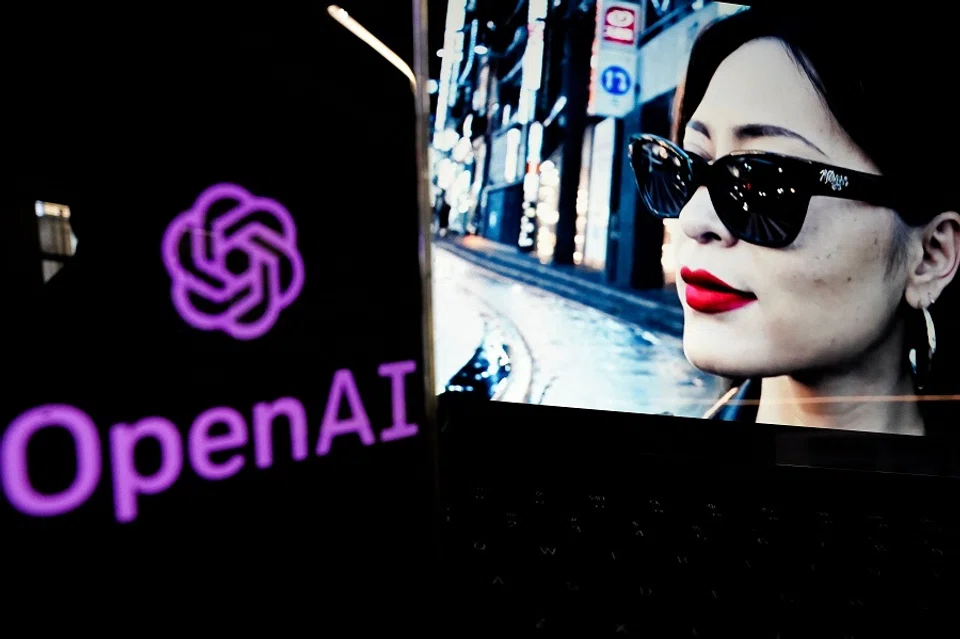
Following its launch of ChatGPT, US AI giant OpenAI continued to make shockwaves in the early hours of 16 February by introducing an even more realistic video-generating technology: Sora.
Even as those in the audiovisual industry raise concerns that such AI technology could mean the end of their jobs, tensions in the China-US tech war are intensifying.
Shocking Sora
Sora is the first AI text-to-video model developed by OpenAI. Just put in content, prompts or pictures, and within a second, Sora can generate a high-quality, realistic video up to a minute long.
Without a director or professional actors, Sora can still come up with highly detailed backdrops, complex and multiple camera angles, as well as characters that are deeply emotive. The previously complex process of choosing locations, casting the actors, coming up with the storyboard, setting up the cameras, post-production and so forth - all these are just one line's worth of work for Sora.
In one of the sample videos released by OpenAI on their official website, a svelte woman clad in a dark blue jacket and a flowing red dress walks down a bustling street in Tokyo. Besides some obvious mistakes in the wording on the shop signs, it is difficult to spot any awkwardness in the woman's gait or flaws in the rendering of the passers-by and setting.
As the camera closes in, one can even clearly see acne scars and the lines on the woman's neck. Some netizens exclaimed that the video looked almost real, and that even if they lost their jobs to Sora they could not say anything.
"Once the physical and virtual worlds are constructed, what exactly is reality?" - Li Zhifei, Founder, Chumenwenwen
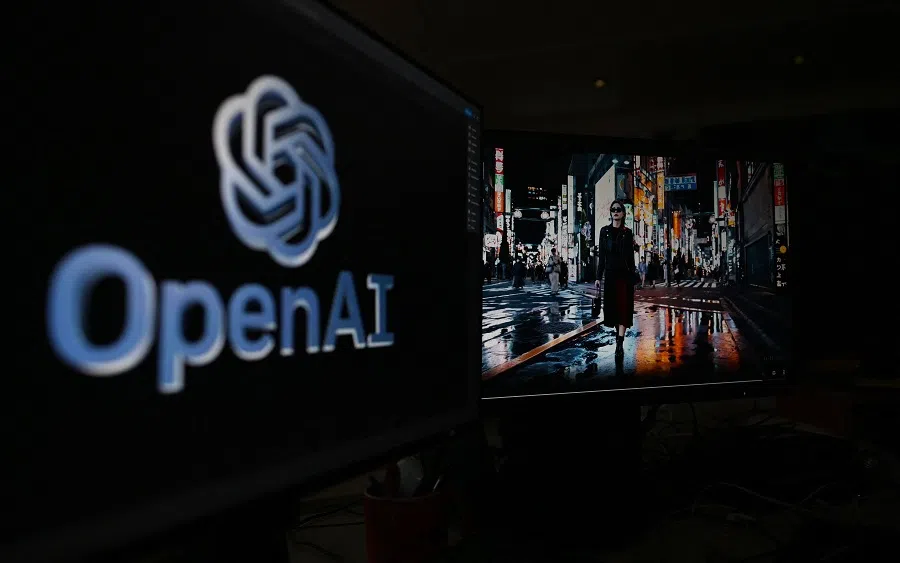
Sora's emergence out of nowhere has stirred discussions among China's internet and tech circles. Some netizens said excitedly that in the future, the production of short videos would no longer need human labour. Still others lament that Sora's realism can be considered an epic-level upgrade compared to past technologies, and that the blazing speed at which technology is progressing is a little frightening.
Li Zhifei, founder of voice search application Chumenwenwen, said in his WeChat group that the large language model (LLM) ChatGPT is an emulator for the world of virtual thought, while the video-generating model Sora which is founded on LLM is an emulator for the physical world: He asked, "Once the physical and virtual worlds are constructed, what exactly is reality?"
Besides sending shockwaves through the tech world, Sora's cutting-edge functionality has also caused "China AI anxiety disorder" to spread.
AI anxiety disorder
This sense of anxiety stems from concerns by the Chinese public and those in tech circles that Sora could widen the gap between China and the US vis-a-vis AI.
Some netizens admitted that "even the best LLMs produced locally cannot match up to GPT's textual capability, much less Sora's video-generating capability," and that since the start of restrictions on the import of chips "we already lost, game over".
Others commented sarcastically that "once models like Sora from overseas become open source, local AI companies can 'innovate' once more".
"I would like to compare this to the Newton moment for AI development." - Yin Ye, CEO, BGI Group
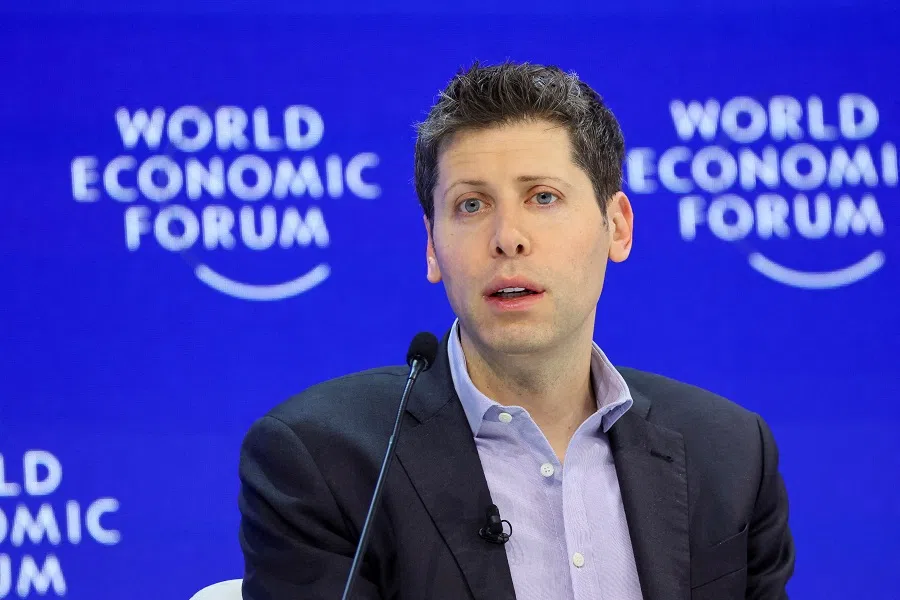
Zhou Hongyi, founder of Qihoo 360, said outright: "OpenAI's CEO Sam Altman is a master of marketing, and he knows how to manage the tempo. They have not shown off all the weapons they have in hand, and it seems likely that the gap between China and the US when it comes to AI is still widening."
Wang Xiaochuan, founder of Baichuan, also said frankly that OpenAI is currently attempting to connect 10 million graphics processing units (GPUs); compared to China's scale of thousands of GPUs, core resources for the Chinese AI field are severely lacking.
Yin Ye, CEO of BGI Group, said that when ChatGPT was introduced in 2022, Chinese AI firms were confident that they could catch up as the focus was on language and text. But Sora has proven that the digital world can certainly be integrated with the laws of physics of the real world, adding: "I would like to compare this to the Newton moment for AI development."
"Sora's release would, on the contrary, close the gap when it comes to AI between China and the US." - netizens
However, on 20 February, Chinese state media Global Times carried an article by Zhou Chengxiong of the Consultation and Research Center for Strategic Issues at the Chinese Academy of Sciences. It said that though most crucial breakthroughs for AI are pushed for by US companies, those that come after also have clear advantages, because the risk and uncertainties have been greatly reduced, and China undoubtedly has a chance to be among the leaders of the world in the future when it comes to AI technology application.
We-media reports also claimed that Sora's emergence has helped to pave the way for China's AI sector, and the various Chinese sectors can more quickly pool together their resources and invest in R&D, so as to close the gap between China and the US in the area of generative video. China's development of its "own version of Sora" is definite, and it would certainly not miss the chance to ride this wave or completely fall out of the race. "Sora's release would, on the contrary, close the gap when it comes to AI between China and the US."
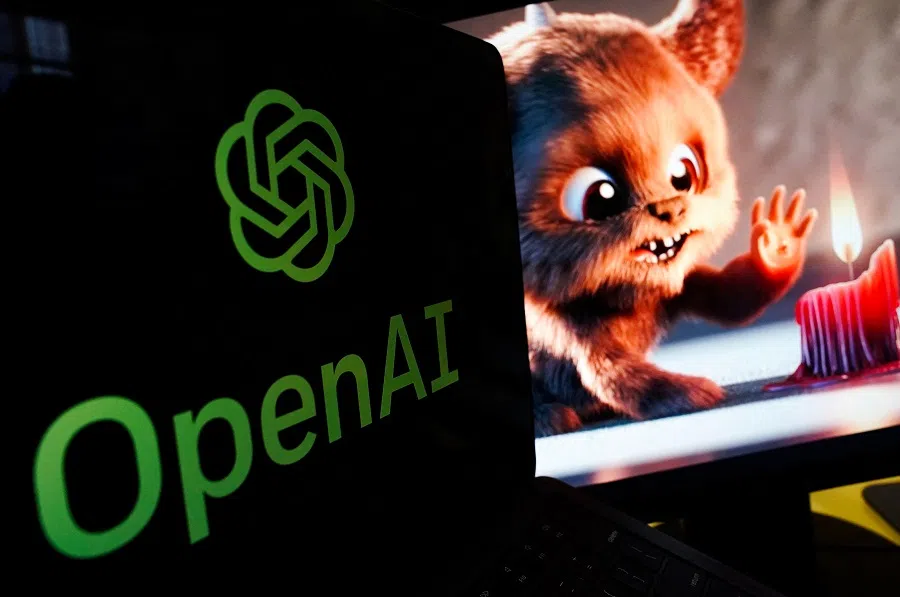
An AI we-media even reported on 19 February that Xie Saining, a genius who graduated from Shanghai Jiao Tong University, is one of the inventors of Sora. There was also news that prior to the text-to-video model Sora, ByteDance had already launched a video model Boximator, which can accurately control the movements of people and objects in a video via text inputs.
However, these claims have all been denied by the parties involved. Xie responded on his social media account that Sora has nothing to do with him at all, and that the media platform had made up the facts and misrepresented the truth. ByteDance also refuted the report, saying that Boximator is not ready for general release and still has a big gap with leading video generation models in terms of image quality, fidelity and duration.
Apart from the gap in technology development, the gap between China's and the US's AI venture capital sector is also widening.
The tables have turned
Renowned AI expert, chairman and CEO of Sinovation Ventures Lee Kai-fu argued in his 2018 book AI Superpowers: China, Silicon Valley, and the New World Order that China will beat the US in the AI race.
This argument is premised on the fact that AI technology will not experience a major breakthrough in the foreseeable future, but move from the "age of discovery" into the "age of implementation", which China is better positioned to win.
However, just five years after Lee's book was published, the emergence of ChatGPT, a generative AI tool, has reversed China's lead.
In May 2023, The Economist reported that the rapid emergence of generative AI has turned the tables on the China-US AI race, with the US's development advantage being magnified and China's initial implementation advantage being weakened.
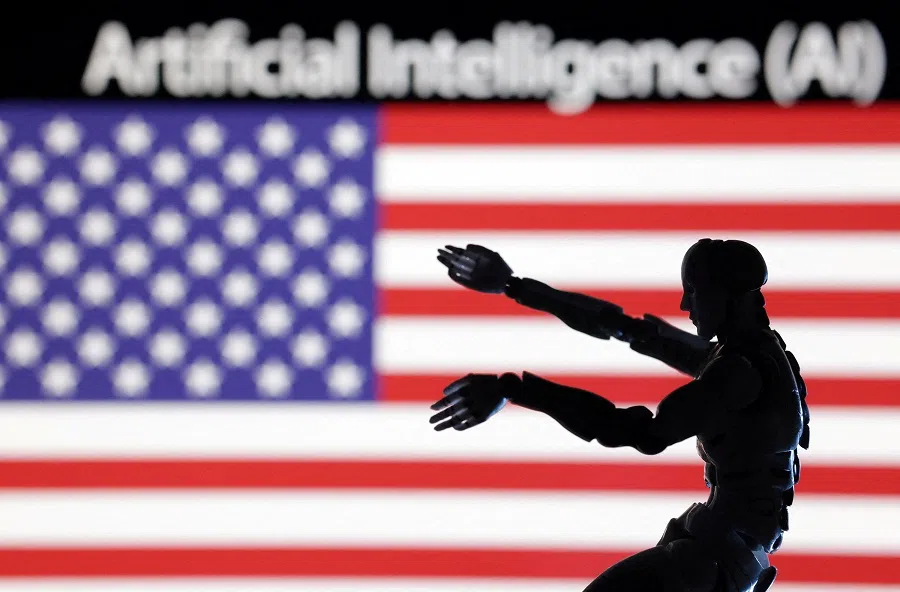
In addition, following growing geopolitical tensions, Washington has in recent years imposed sweeping restrictions on China's high-tech industry from technology and chips to investment, and even joined hands with leading countries in semiconductor manufacturing such as Japan and the Netherlands to restrict China, putting the development of China's AI and other high-tech industries in a plight.
Yin of the BGI Group told South China Morning Post in an interview that given "the unfavourable background of decoupling and supply chain disruptions", he is unsure if China has enough time to catch up.
At present, China significantly lags behind the US in generative AI. Zhou of Qihoo 360 pointed out in an interview with the Global Times that although the development level of large models in China seems to be close to GPT-3.5, there is still an 18-month gap compared to GPT-4.0.
Apart from the gap in technology development, the gap between China's and the US's AI venture capital sector is also widening. Boosted by ChatGPT, the US's AI concept stocks reaped a rich harvest last year, with the Super Micro stock up over 770% and chip giant Nvidia's market value up five-fold.
In contrast, analytics platform CB Insights reported that the number of investment and financing in China's AI sector was about 232 last year, down 38% year-on-year; while the total amount of financing was about US$2 billion, down 70% year-on-year. Against the backdrop of tumbling A-shares, AI concept stocks generally fell in the secondary market.
... the Chinese tech circle's anxiety about the emergence of Sora may also implicitly reflect their expectation of the release of favourable policy signals from Chinese officials.
Intensifying national efforts
Faced with such developments in the AI race, the Chinese government is not sitting idly by either.
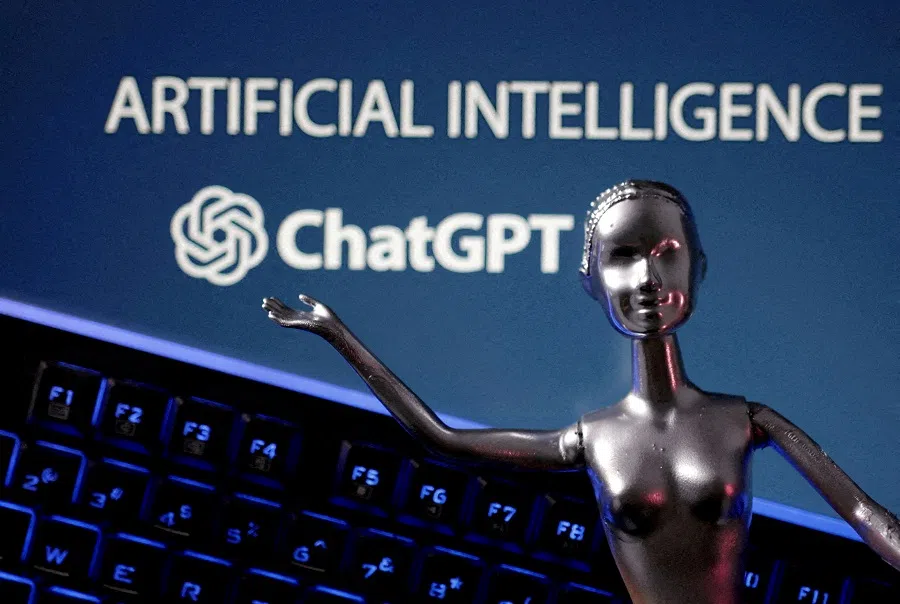
On 18 February, the first working day after the Spring Festival holidays, Guangdong, China's major economic province spearheading industrial upgrading and transformation, convened its "First Conference of Spring" focused on promoting high-quality development through industrial science and technology. It will plan 1,508 provincial key projects with an annual investment of 1 trillion RMB (US$139 billion) this year, enhancing self-reliance and strength in science and technology.
Based on a Xinhua report, Chinese Communist Party (CCP) General Secretary Xi Jinping has also pledged to improve the system under which the CCP Central Committee exercises centralised, unified leadership over science and technology work when he presided over the fourth meeting of the Central Commission for Comprehensively Deepening Reform on 19 February. Bloomberg analysed that this signifies that Chinese leaders view the tech sector as its priority.
The emergence of Sora is believed to have sparked a sense of crisis in China. But how effective will these measures and plans be in the end? Or is this just a case of "crying wolf"? Amid intensifying China-US AI competition, China's tech circle and AI enterprises must also be carefully observing the situation.
In addition to reflecting their concern about the widening AI gap between China and the US, the Chinese tech circle's anxiety about the emergence of Sora may also implicitly reflect their expectation of the release of favourable policy signals from Chinese officials.
This article was first published in Lianhe Zaobao as "Sora激起中国科技圈焦虑?".





